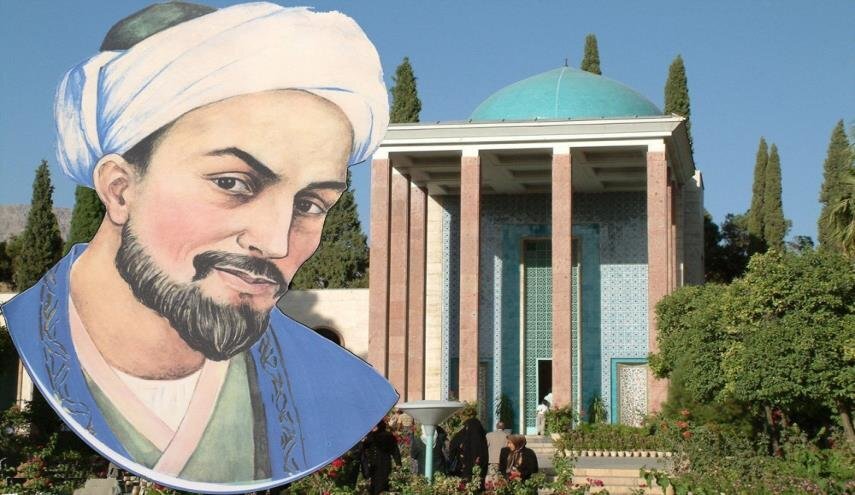Iran has been a literary land for centuries. Saadi Shirazi is one of the Iranian poets of international fame. His poems are popular all over the world.
One of the most prominent Persian poets in Iranian history, Abu Muhammad Muslif al-Din bin Abdallah Siraj, known by his pen name Sadi, was born in Shiraz about 1200 and died around 1292.
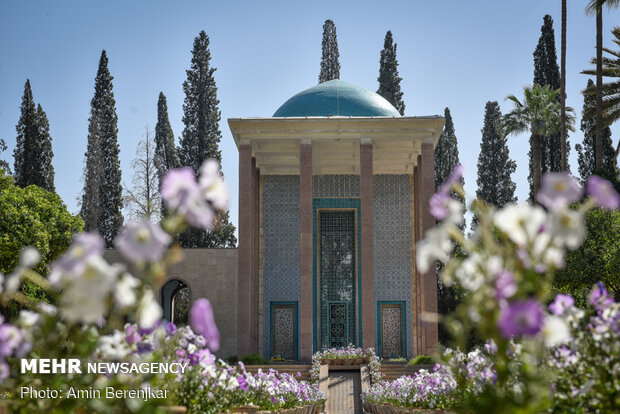
Saadi is widely recognized as one of the great poets of the classic literary tradition, and has earned the nickname “Master of Speech” or “Word Smith” among Persian scholars. He is also cited in Western traditions.
He is highly recognized for the quality of his writings and the depth of his social and moral thinking.

Saadi was born in Shiraz around 1200. He died in Shiraz around 1292. He lost his father in his childhood. With the help of his uncle, Saadi completed his early education at Shiraz. He was then sent to study at Baghdad, the famous Nezamiy University, where he acquired traditional Islam.
The uncertainty following the Persian invasion of Mongols led him to wander abroad through Anatolia, Syria, Egypt and Iraq. He also mentions traveling to India and Central Asia in his work. Saadi is very similar to Marco Polo, who traveled the area from 1271 to 1294. He was an old man when he reappeared in his hometown of Shiraz. He spent the rest of his life in his birthplace until he died.

His most famous works are Bastan (orchard) and Golestan (rose garden). Bastan is entirely a poetry (magnificent meter) and consists of stories that properly explain the standard virtues (justice, freedom, humility, satisfaction) recommended by Muslims. Golestan is primarily prose and contains stories and personal anecdotes. The text is scattered with a variety of short poems, including sayings, advice and humorous reflection.
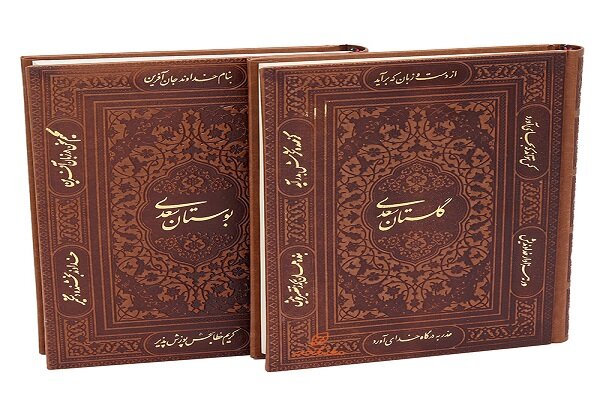
A sense of humor plays an important role in Saady’s work. You can find the distinctive roots in the poet’s thoughts and perspectives. Saadi Shirazi’s poems are full of cheerfulness and esprit.
He prevents the slurredness of poetry by using his sense of humor. In this way, Saadi made his poems more influential and effective.
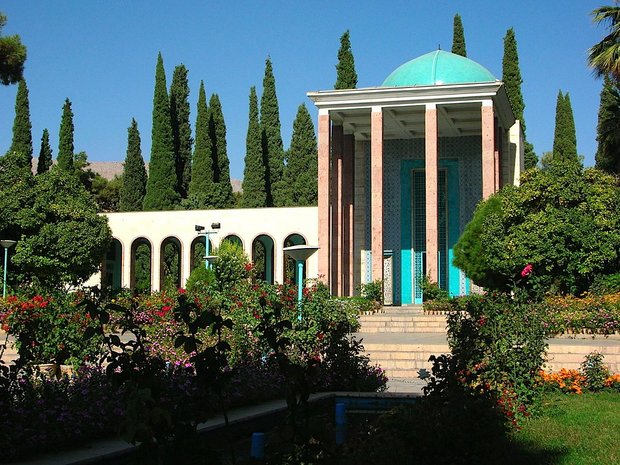
Saadi’s grave is located in the southern part of Shiraz. His Mausoleum, also known as Saadieh, is one of Iran’s major tourist attractions.
The tomb was first built in the 13th century. However, after being destroyed in the 17th century, it remained untouched until the current building was built in the 1950s.
Many Persian elements are used in their architecture. It is also a national heritage.
Every year, many literary and scholars from around the world gather at the Spirit US on April 20th to commemorate the great Persia.
Why do we love Saadi and listen to his advice?
The fact is that the words and freshness of Saadi’s poetry, and the foresight and wisdom of the story of this famous Iranian poet, are so transcendent that everyone is captivated by the balanced spirit and moderation of his poetry, for no reason.
Sa’adi’s poem reminds us of sympathy as the essence of human existence as a balanced approach to everyday life that can eradicate many conflicts in society.
Avoiding the controversy of words and actions and looking at a calm and calm attitude towards ways to live and live coexist is encouraged by Sa’adi’s poem.
Respecting Sa’adi respects the virtues, humanity and freedom of the world. These are the components that modern humanity needs more than ever. And to achieve that, he also put all his efforts into it.
A beautiful, emotional poem called Bani Adam (Man kind), drafted in the 13th century, Persian-Muslim Polimas Saadi used what could be adopted as a similarity to the present task to visualize this common human constitution. Read:
Humans are all members,
In the creation of one essence and soul.
If one member is suffering from pain,
The other members are worried.
If you don’t have any sympathy for human pain,
A human name that cannot be held.
It is a poem that speaks to the inevitability of humanity’s common destiny, and connects us to a closely shared space.
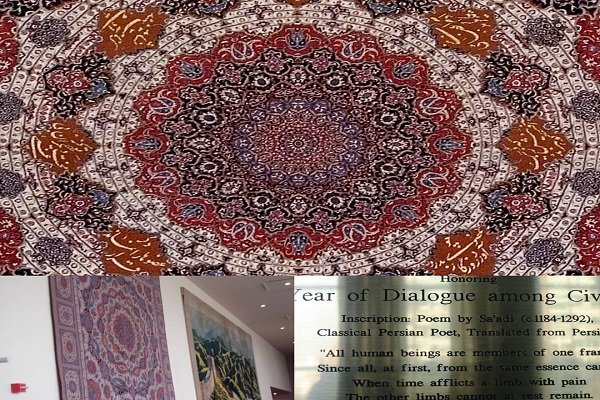
“In my mission at the UN in 2004, I learned that Mohammad Sirafian, one of Isfahan’s most famous carpet merchants, had weaved 5 metres of exquisite carpets every five metres. Zarif (2002-2007), a former ambassador to Iran, wrote about setting up carpets along with the poems of Saadi of the United Nations in 2004.
MNA

